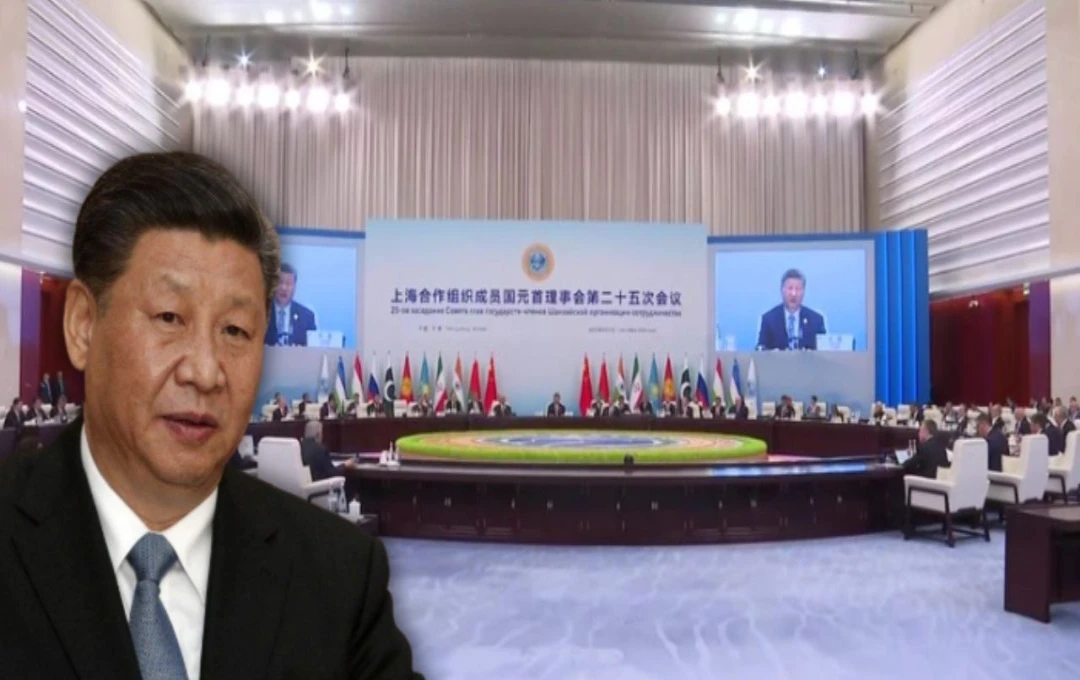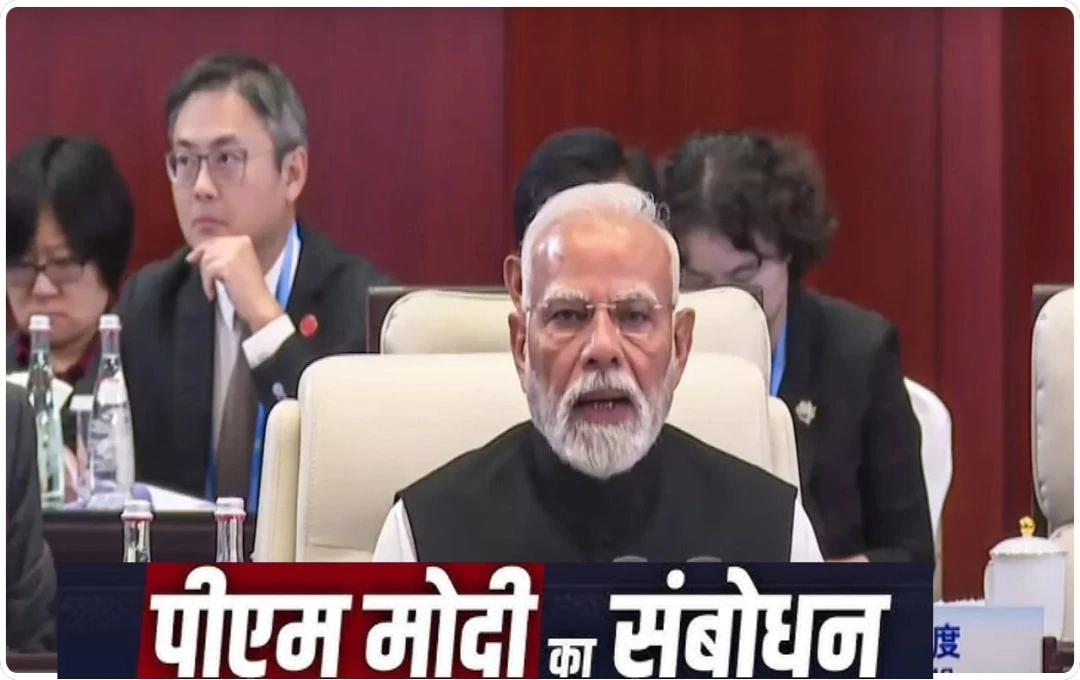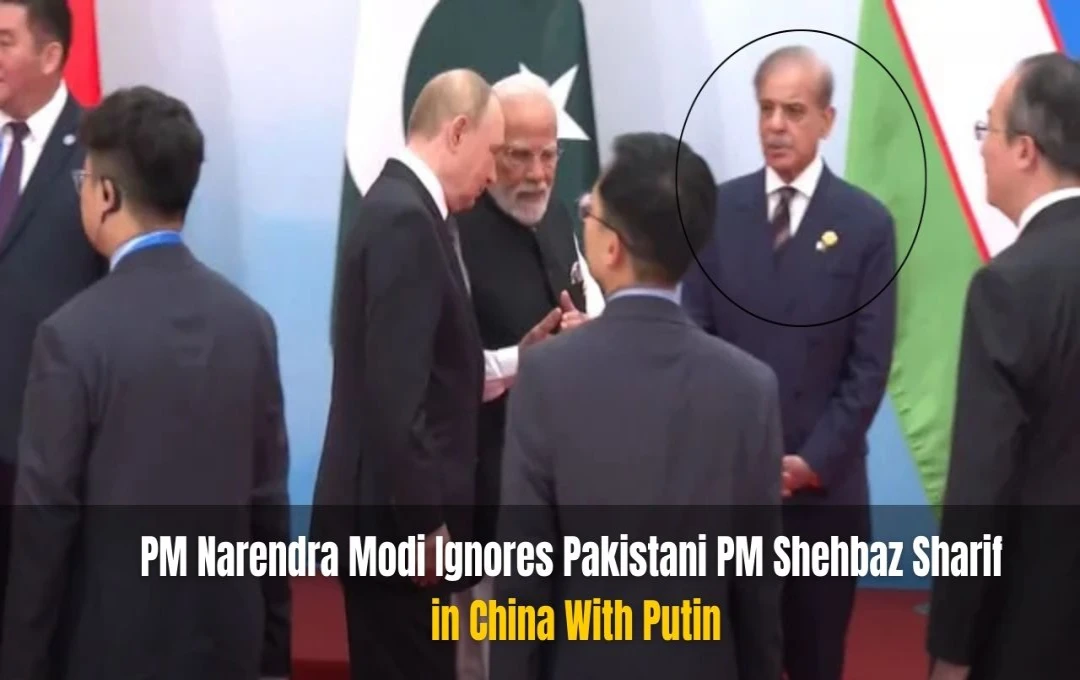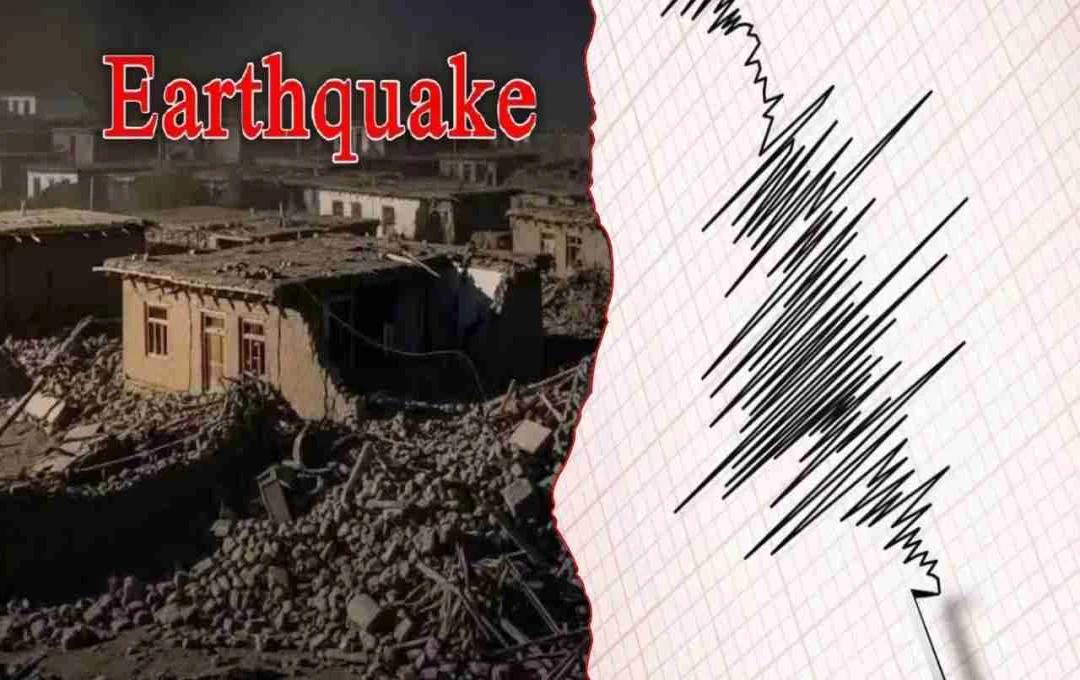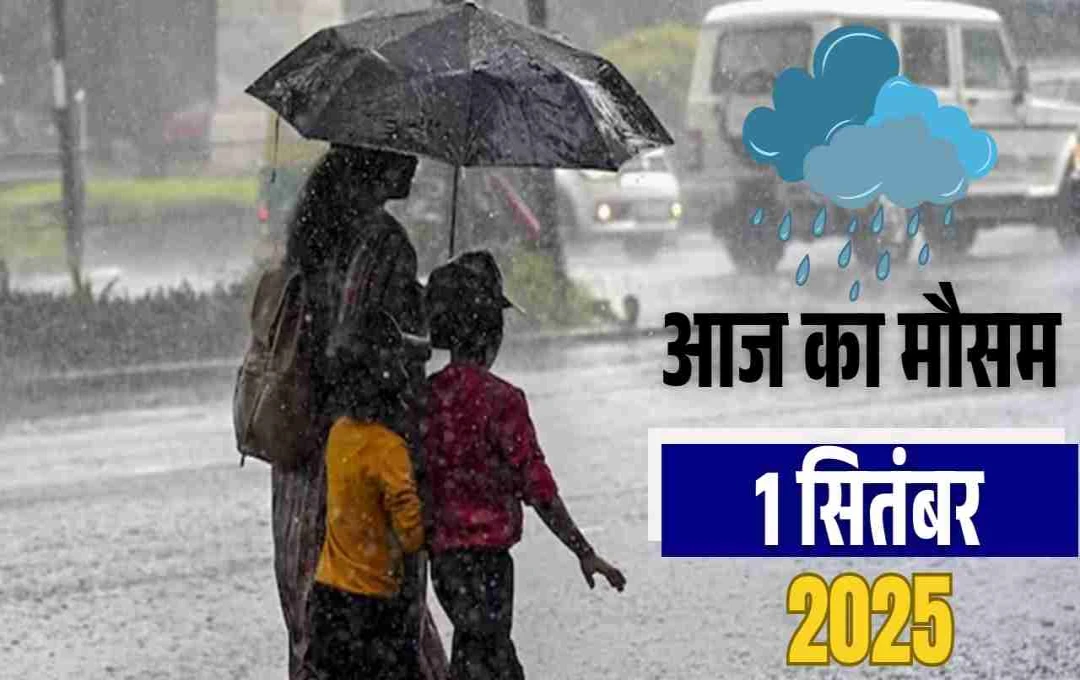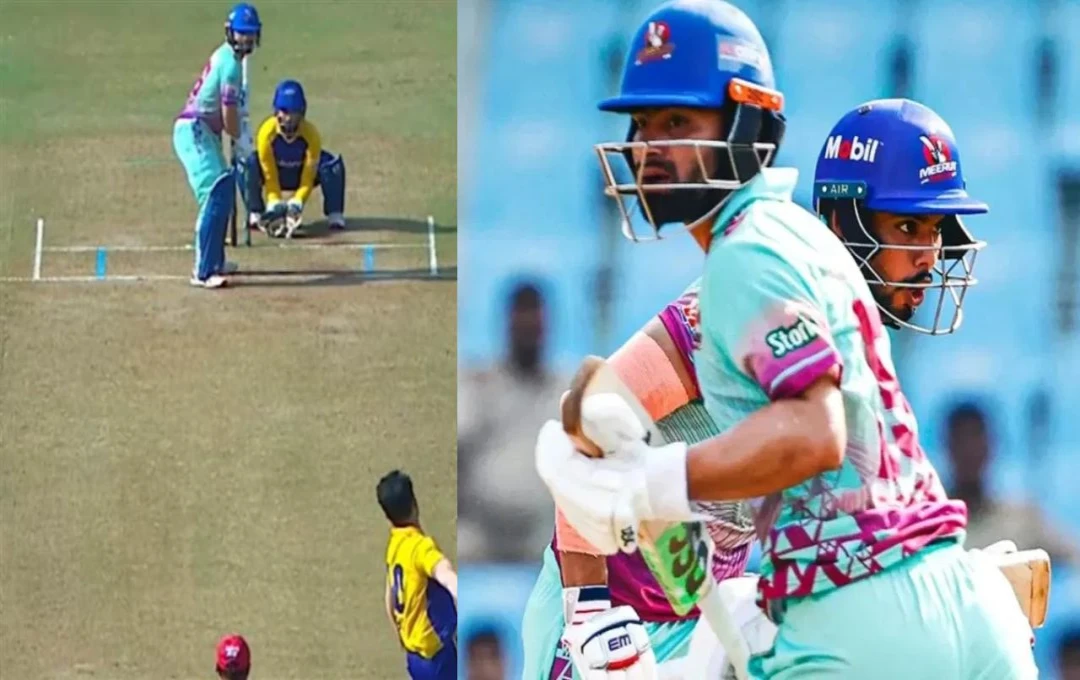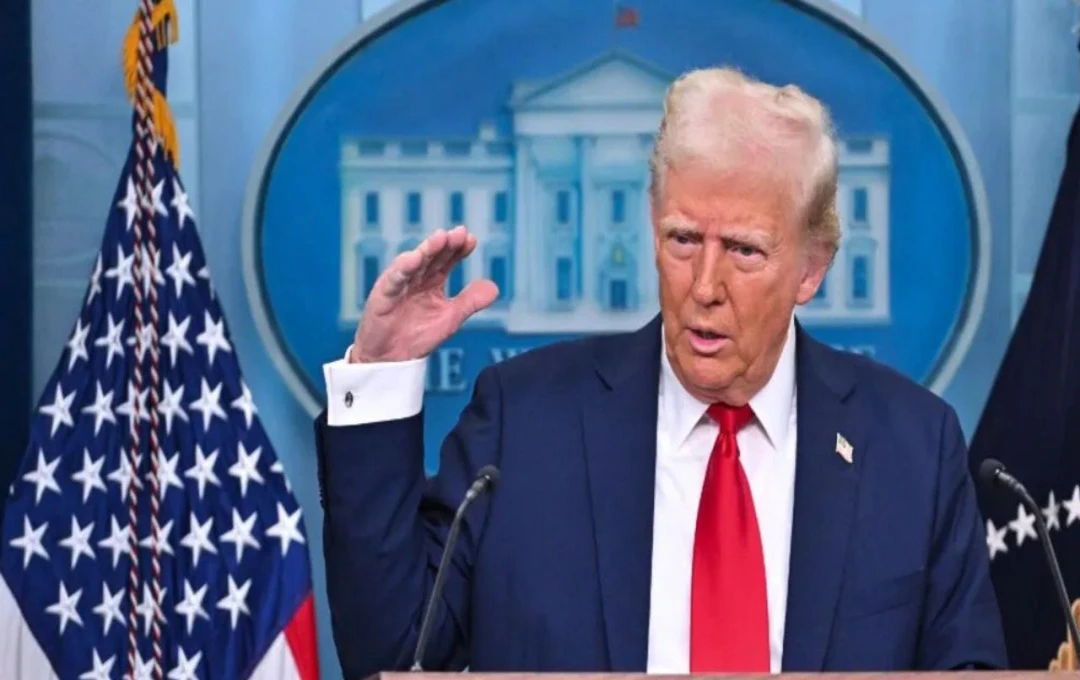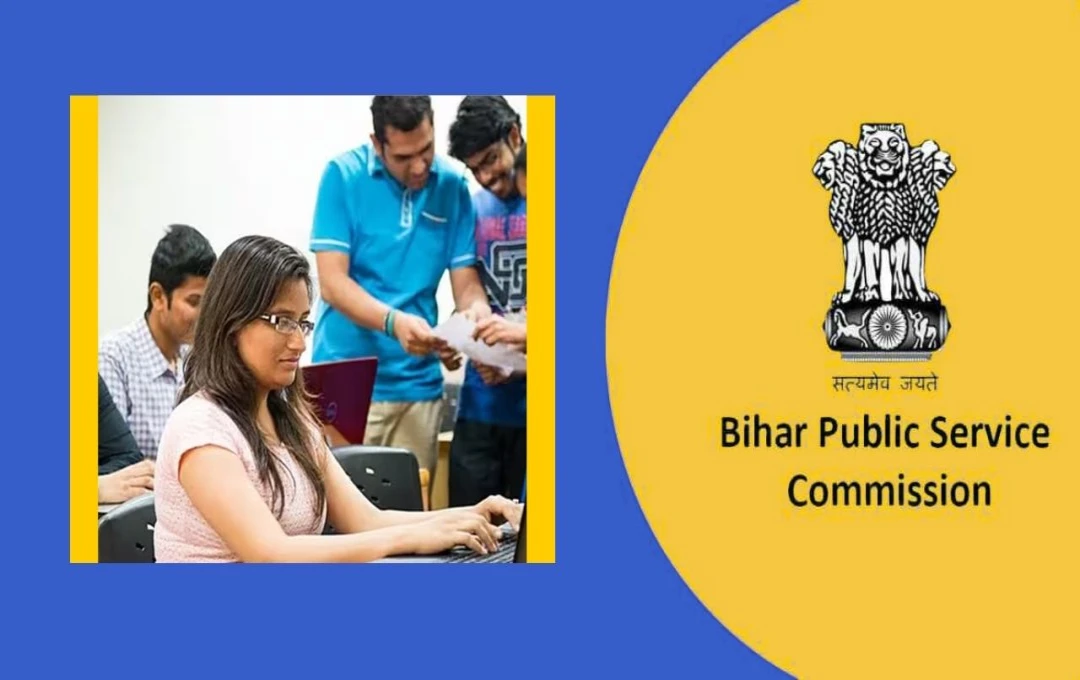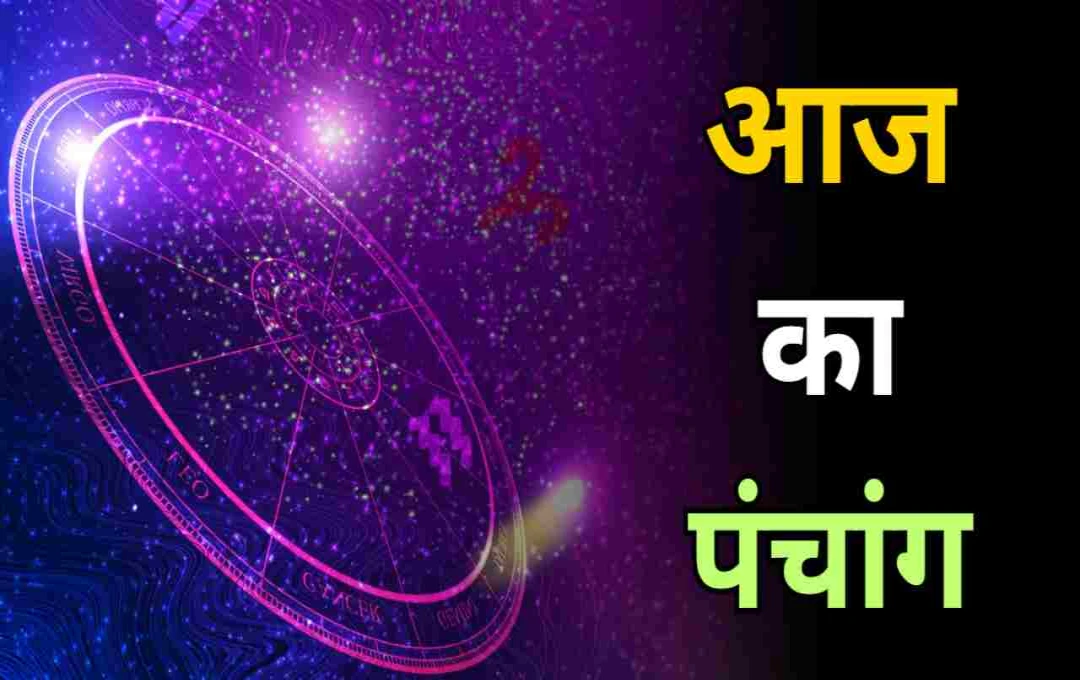The SCO Summit 2025 has commenced in Tianjin, China. PM Modi, Putin, and Xi Jinping appeared together on stage. Discussions focused on terrorism, economic cooperation, and the Ukraine crisis. China announced a grant of $281 million to member countries.
SCO Summit: The Shanghai Cooperation Organization (SCO) Summit has begun in the city of Tianjin, China. This year's summit is significant in many respects as leaders from India, Russia, and China are present together. Prime Minister Narendra Modi is currently on a visit to China, and his address is a major highlight of this summit. The eyes of the entire world are fixed on this summit, particularly on the meeting between PM Modi and Russian President Vladimir Putin.
At this summit, the three leaders – India's PM Modi, China's President Xi Jinping, and Russia's President Vladimir Putin – are sharing the stage, which is being considered a major diplomatic event in Asia.
Chinese President's Inaugural Address
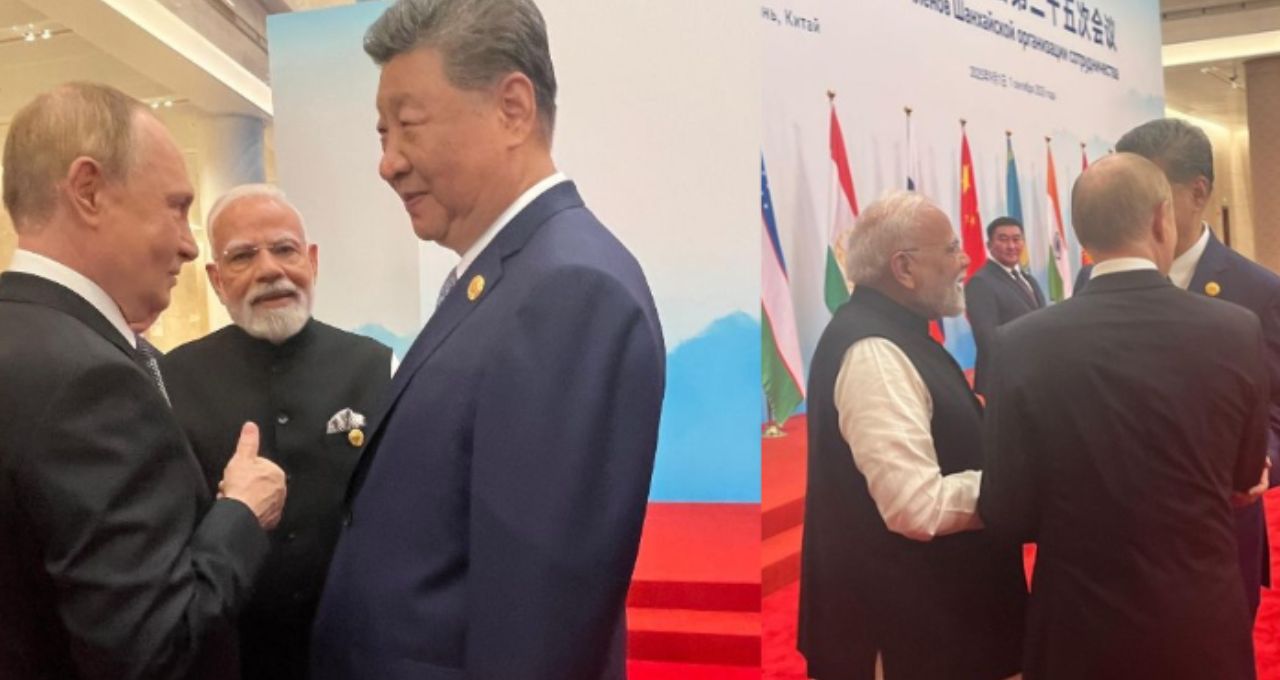
The summit began with the inaugural address by Chinese President Xi Jinping. He stated that since the establishment of the SCO 24 years ago, the organization has laid the foundation of the Shanghai Spirit. This spirit is based on mutual trust, equality, consultation, respect for diverse cultures, and shared development.
Xi Jinping recalled that the SCO has been the first organization to strengthen mechanisms for military confidence-building in border areas. As a result, not only have the borders become more secure, but the bonds of mutual cooperation and friendship have also strengthened. He also mentioned that the SCO has been the first organization to take multilateral action against terrorism, separatism, and extremism, playing a vital role in law enforcement and security cooperation.
Announcement of a $281 Million Grant
During his inaugural address, the Chinese President made a significant announcement. He stated that this year, China will provide a grant of $281 million USD to the SCO member countries. This financial assistance will be utilized to bolster the development plans and mutual cooperation of the member states. It is believed that this funding will help enhance cooperation in key sectors such as energy, infrastructure, and trade.
PM Modi's Address and India's Stance
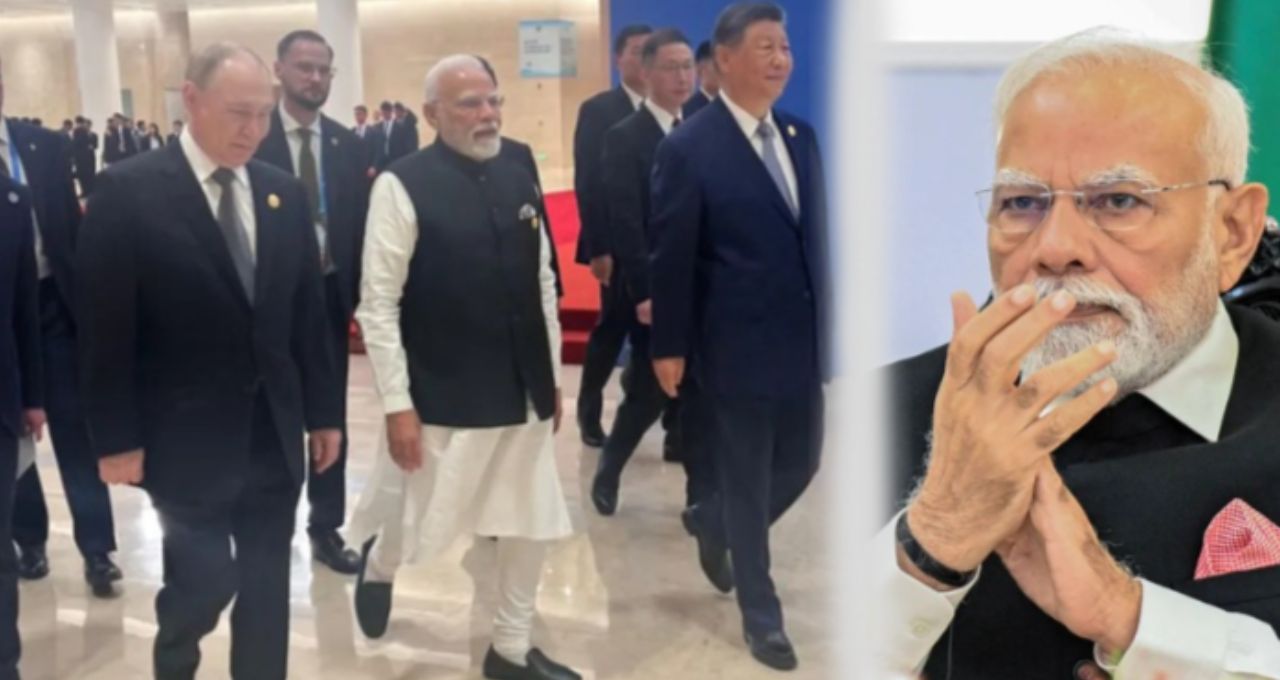
Upon arriving at the SCO Summit, Prime Minister Narendra Modi first met with Russian President Putin and Chinese President Xi Jinping. Following this, he began addressing the member countries. In his address, PM Modi clarified India's stance on terrorism, economic cooperation, and regional peace. He conveyed that India adheres to a policy of zero tolerance towards terrorism and will not tolerate any leniency on this issue.
PM Modi also stated that the SCO should focus on promoting mutual trade and transactions in local currencies. He emphasized the need to integrate development with security.
Key Meeting Between Modi and Putin
The meeting between PM Modi and Russian President Vladimir Putin during the SCO Summit was closely watched by the entire world. The two leaders engaged in frank discussions on bilateral relations, energy cooperation, defense partnerships, and the Ukraine crisis. According to sources, PM Modi stressed the necessity of a peaceful resolution to the Ukraine war and stated that dialogue is the only option.
Three Major Leaders on One Stage
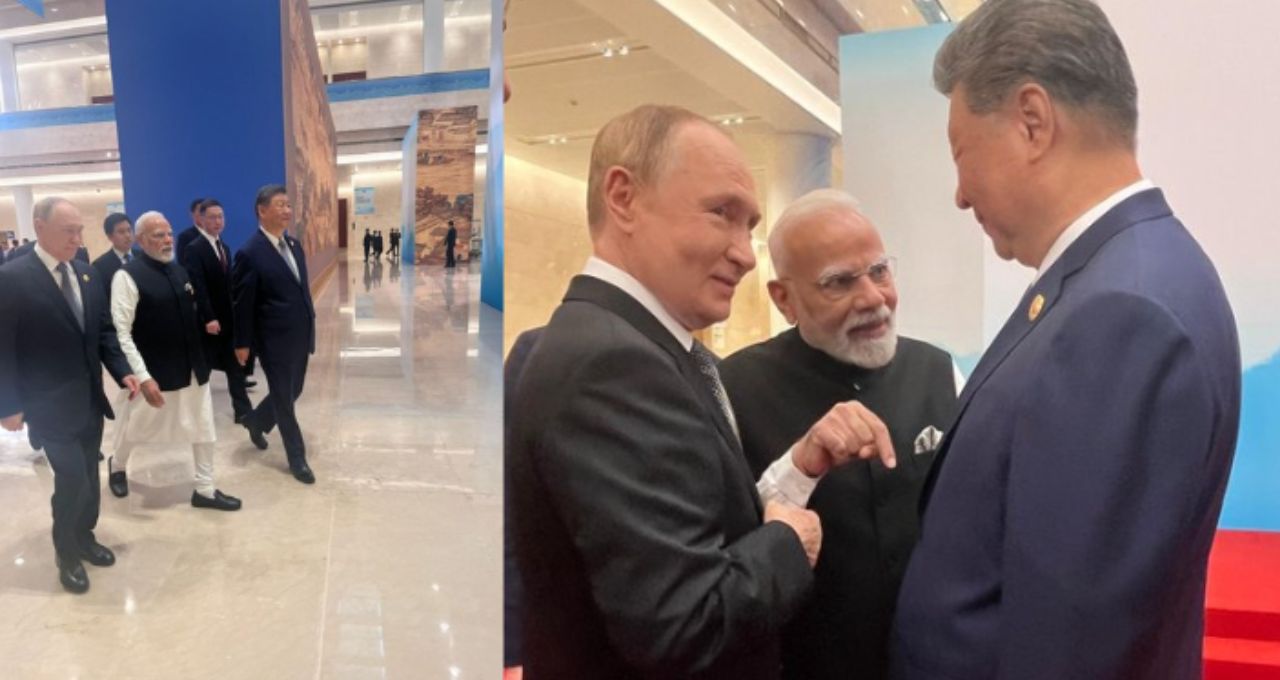
The leaders of India, Russia, and China were seen together on stage at the SCO Summit. This meeting between PM Modi, President Putin, and President Xi Jinping is considered a significant moment for Asian diplomacy. Pictures of the three leaders interacting warmly and smiling have gone viral on social media. This meeting signals that these three major Asian countries wish to work together for regional peace and development.
Significance of the Summit for India
The SCO Summit is strategically very important for India. It is not only a platform for regional security but also an opportunity to enhance cooperation in trade, energy, infrastructure, and connectivity. Through this summit, India is attempting to strengthen its relations with neighboring countries and further clarify its role in Asia.
